
ADAS LiDAR heaters
LiDAR sensors are a key technology in Advanced Driver Assistance Systems (ADAS). Together with cameras and radars, LiDARs enable understanding the environment in real time. LiDAR heaters based on the unique Canatu CNT technology ensure reliable LiDAR performance in any weather.
The most advanced transparent film heater for LiDAR
Reliable LiDAR systems are critical in the development of autonomous driving. Key challenge in the automotive LiDAR adoption is to secure clear visibility in inclement weather. Accumulation of snow and ice can cause perception challenges preventing accurate 3D mapping of the vehicle’s surroundings. Canatu film heaters provide efficient deicing and defogging of the LiDAR cover lens supporting autonomous driving in any weather.
- Keeps LiDAR clear of ice, snow and fog
- Fast, even and power-efficient heating
- High transmittance in IR. Wire-free
- Customized to meet desired optical, heating and design requirements
- Design freedom: 3D formable and in-moldable
- Proven automotive-grade reliability
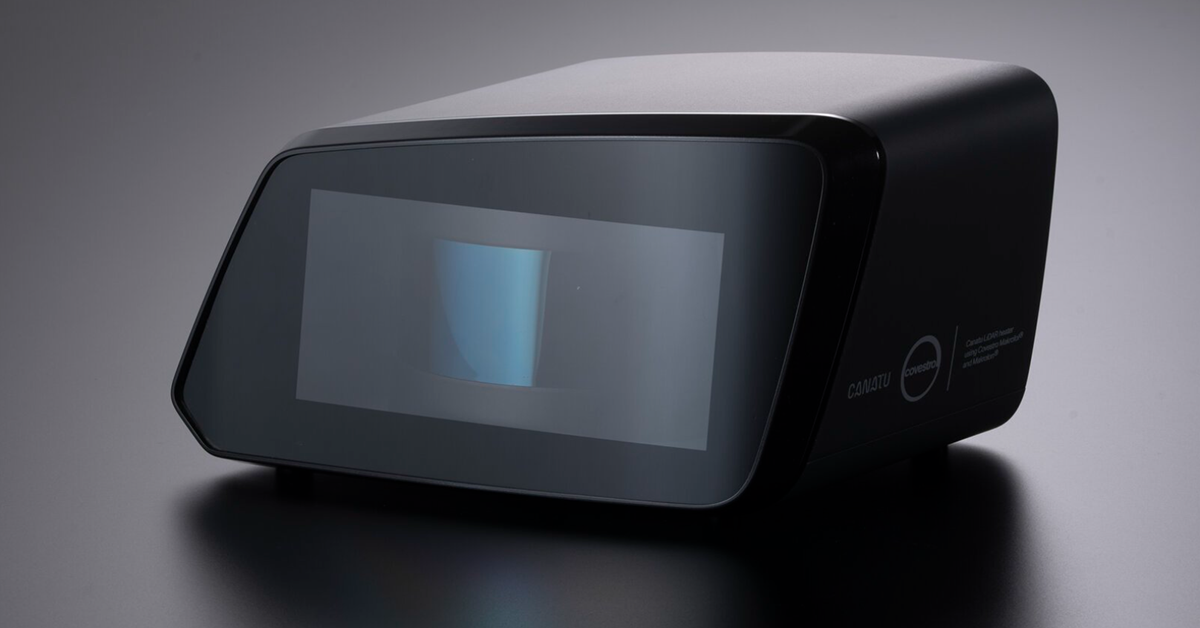
Canatu partners with Covestro for LiDAR de-icing
Canatu and Covestro have brought together their world-leading expertise in flexible transparent film heaters, thermoplastic polymers and film insert molding processing to create a state-of-the-art transparent film heater for LiDAR.
Download technical data
Download asset to learn key benefits, stack designs, integration methods, and technical parameters.
Download technical data
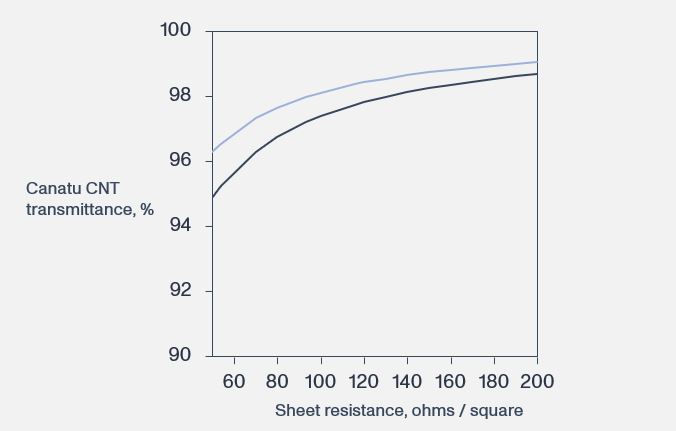
High transmittance at NIR. Wire-free.
Canatu film heaters have high transmittance in near infrared (NIR) range. These entirely wire-free film heaters are typically fabricated at sheet resistance values of 70 – 200 ops, equaling 96-99% T at 905, and 97 – 99% T at 1550 nm (without substrate).
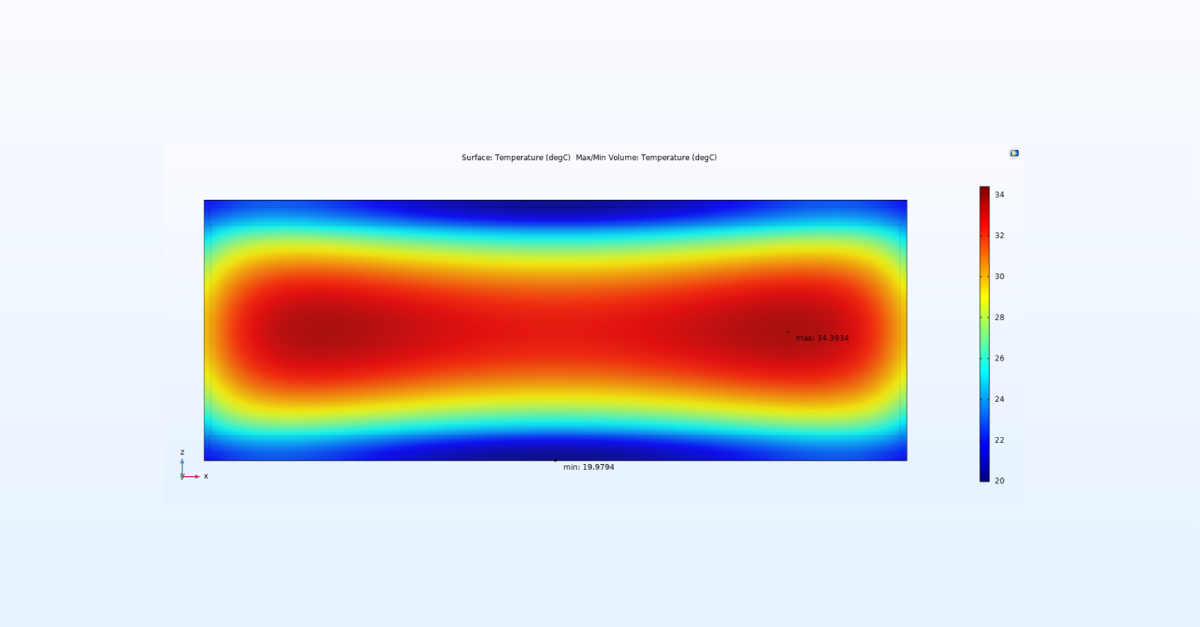
Fast, even and power-efficient heating
Canatu LiDAR heaters provide fast, even and power-efficient heating across the entire surface without optical distortion and thermal gradient. Our heaters are transparent and wire-free offering leading optical performance for LiDARs and beyond. All Canatu film heaters can be equipped with an optional real-time temperature monitoring for optimized power consumption.
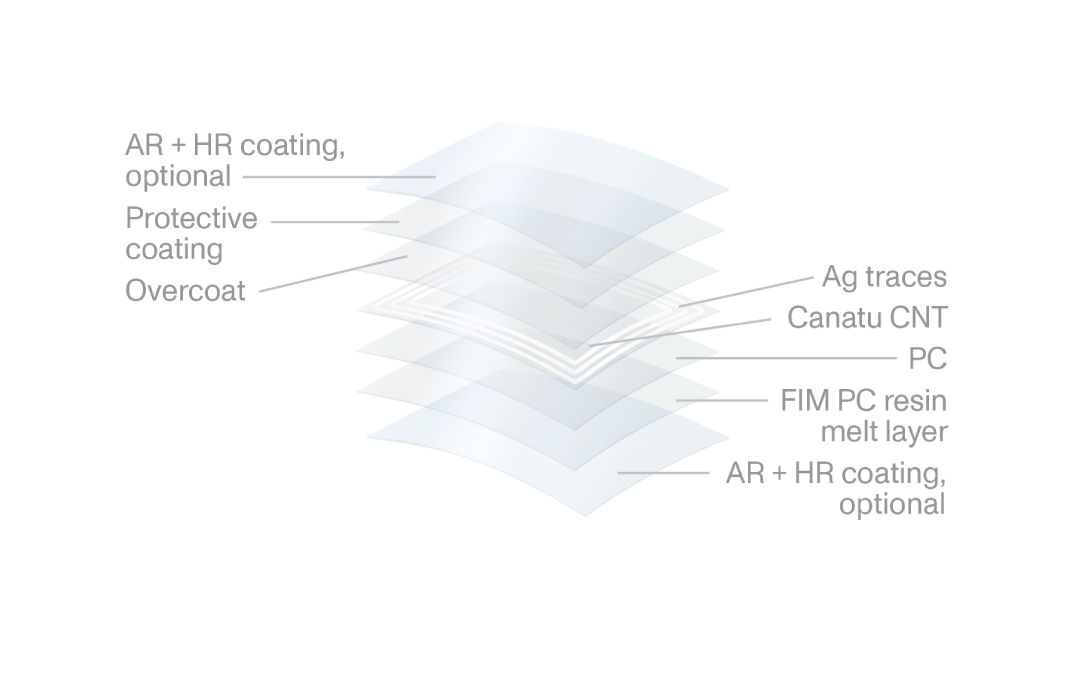
Design and integration flexibility
Canatu film heaters are always customized to meet specific optical, heating and design requirements. The film heater can be integrated into the plastic cover lens through film insert molding, and for the glass lens, it can be added by sandwiching it between two interlayers during lamination. Alternatively, the heater can be laminated on inner (D) glass surface.
Taking ADAS LiDAR heater performance to new levels
The high-precision laser technology used in ADAS LiDAR solutions raises the requirements for automotive heaters to a completely new level. Extremely high optical requirements combined with the need for even and efficient heating as well as seamless design integration render most traditional heating solutions unsuitable.
In contrast, Canatu’s transparent film heaters for LiDARs are able to meet this tall order with outstanding optical properties and high heating performance. In addition, high flexibility allows them to be formed into any 3D shape and in-molded inside the plastic component enabling easy integration and extensive design possibilities.
Furthermore, with Canatu having been in mass production in the automotive industry since 2015, the company has both the expertise and capacity to take on demanding projects in this field.
See related videos



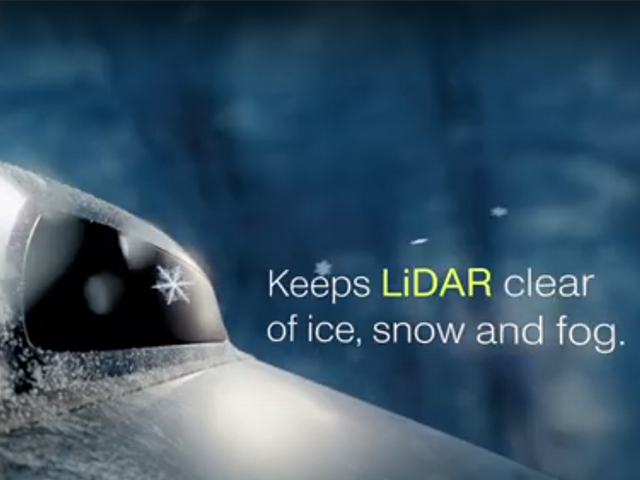

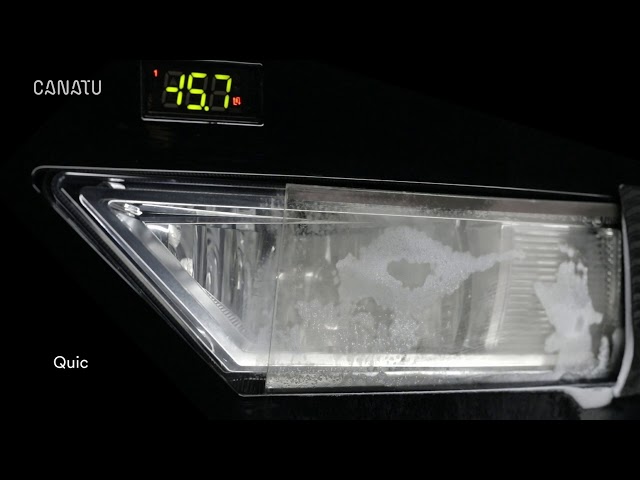
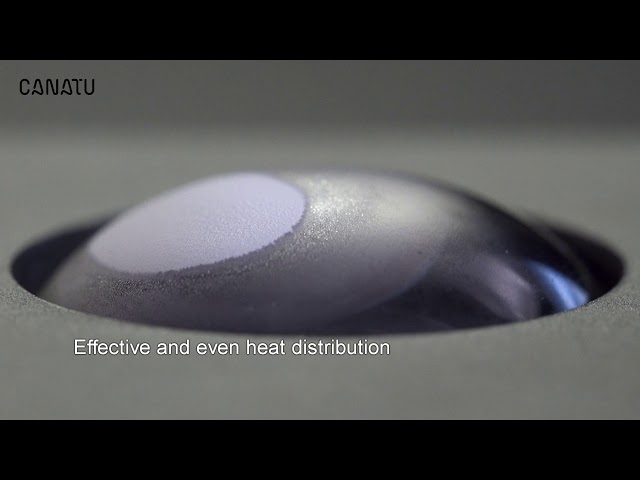


Contact

Send us a message
Related content

Transparent conductive films are used in ADAS heater and flexible touch products. Canatu CNT films have the best industrially applicable sheet resistance to optical transparency ratio ever seen in CNT films enabling high performance in the end applications. Learn more.

Canatu CNTs are nucleated in a reactor and deposited onto a substrate at room temperature. Liquid dispersion step is eliminated. This unique dry process results in cleaner, longer and virtually defect-free carbon nanotubes, benefiting applications where precision and reliability are vital. Discover differences.

Carbon nanotubes have unique mechanical, electrical, thermal, optical, and chemical properties. CNTs have very high tensile strength, high thermal and electrical conductivity, they are highly flexible and very elastic. Discover CNT properties.


